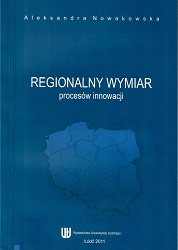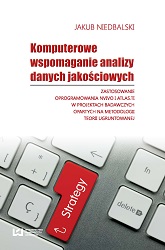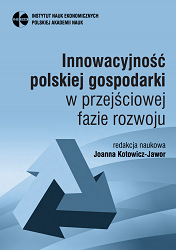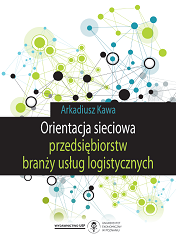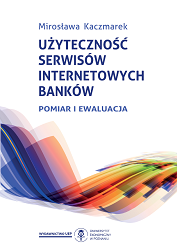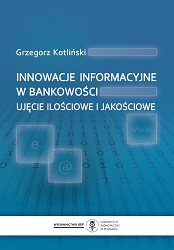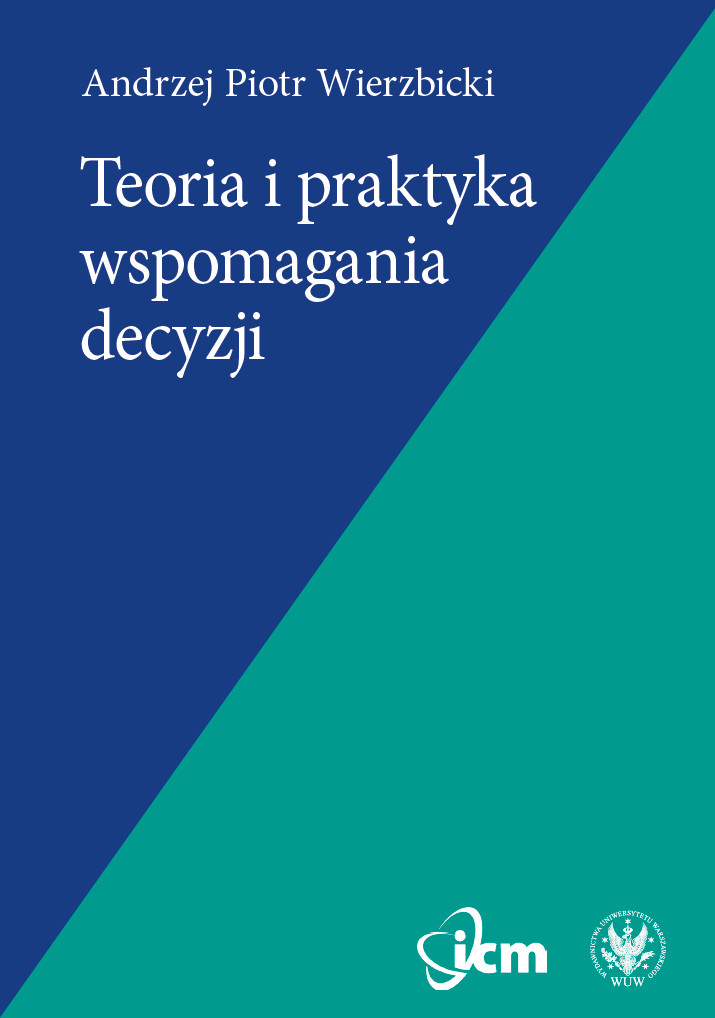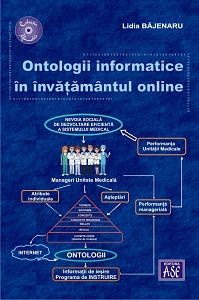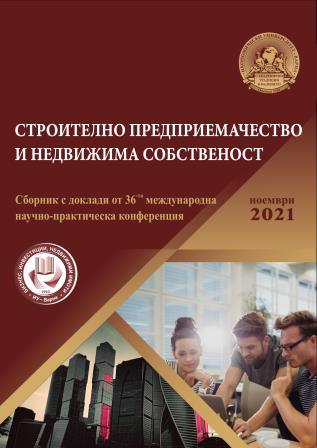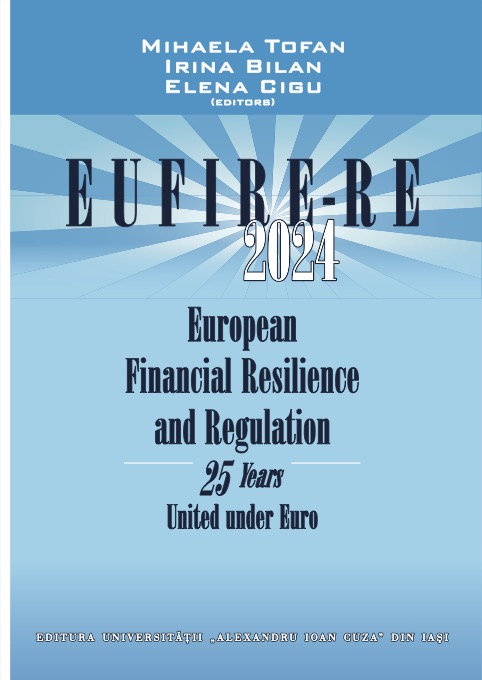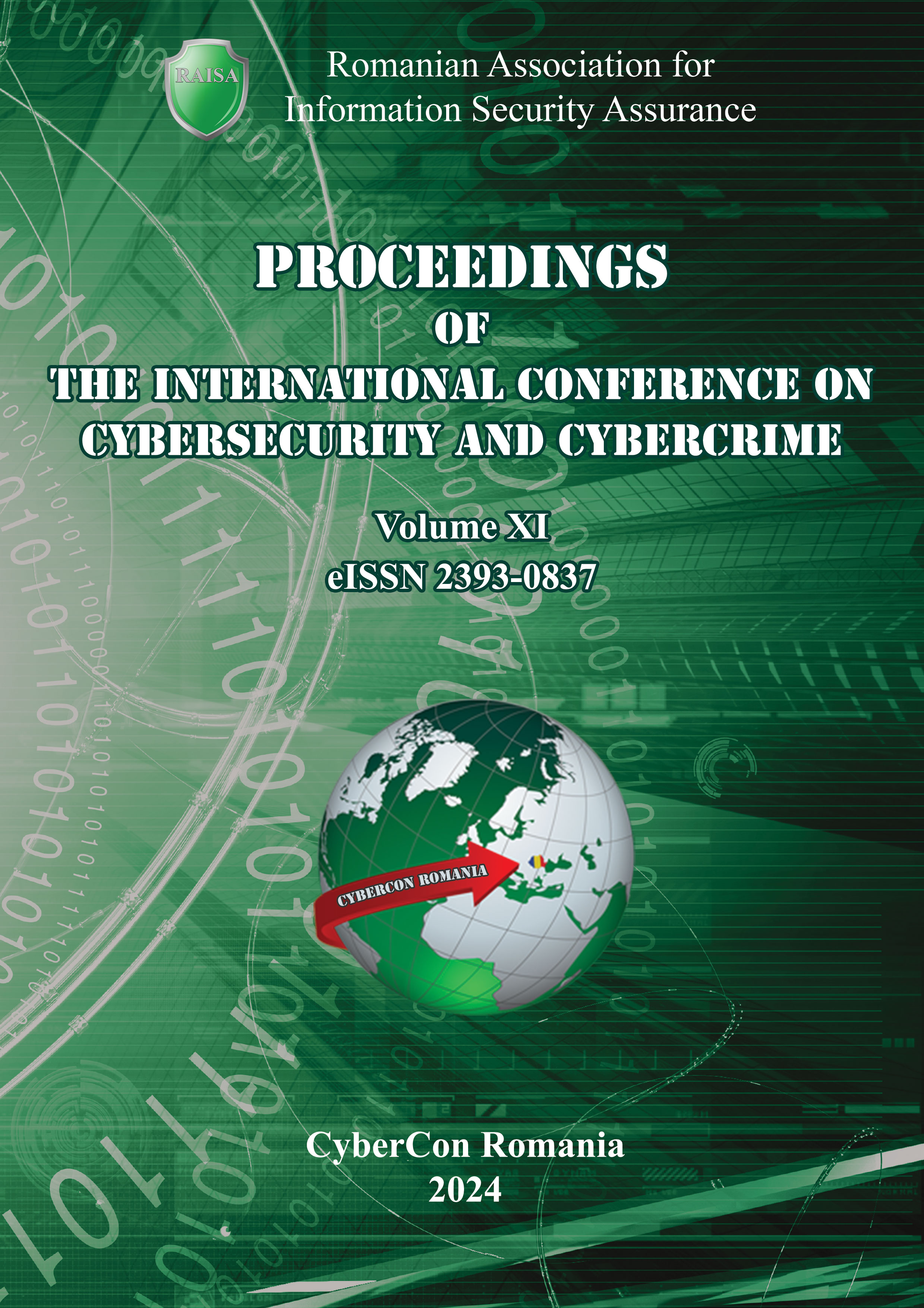Author(s): Lidia Bajenaru / Language(s): Romanian
This book proposes an environment of e-learning based on new semantic technologies able to manage the process of building of personalized educational content for the purpose of training the managers of a clinical hospital. The necessity of this research results from the requirements for training of the specialists in the field of human resources management and the medical system in Romania, as well as from the need to find solutions for the current limitations of e-learning. These goals are achieved through the use of new technologies, semantic web, ontologies and advanced educational strategies, that deliver an adaptive and personalized learning process by providing personalized bibliographies. The use of semantic technologies and ontologies in implementing the personalized process of learning, in modelling the flow of learning and building, organizing and updating the specific learning resources and automate environment e-learning, has as a final result a prototype system. The educational content offered is adapted to to their profile, level of education, learning style and needs of the target group members. The aim of the system is to offer a competitive training course for professionals in the fields of medical management, according to the requirements of the European Union. The personalised e-learning programme, based on innovatory technologies, semantic web and ontologies, makes it possible to continuously adapt this form of education to the actual needs of the Romanian and European health system. This work proposes the integration of semantic web technologies with knowledge management and e-learning, to structure resources and assure the semantic interoperability in the medical field. Consequently, a series of instruments meant to store, search for and retrieve significant, contextualised content were designed. The ontologies support these processes with models and techniques for the representation, sharing and re-use of the knowledge. The ontological components that underlie the prototype of the e-learning system: the model of the students, the model of the health management field and the model of the learning process, have been implemented in a real platform. The student model guides the entire learning process and offers essential information about each and every student, outlining their profile and determining learning that is flexible and adapted to their specific characteristics. The implementation of the designed ontology was achieved with the Protégé 4.3 application that is able to translate the ontology structure into the OWL (Ontology web Language) formal language. The ontologies were exported in RDF Schema (RDFS) and Web Ontology Language (OWL) formats, so as to integrate them into the open-source platform. Some of the original contributions highlighted in the thesis are: methodological guides on the use of semantic modeling in the development of a personalized e-learning system; a mini-ontology specific to the field of health management; ontological models; the e-learning system prototype based on the developed ontologies. By developing this prototype e-learning system, prerequisites have been created for a knowledge base that can be used in environments similar to the one investigated, as well as being a powerful tool for improving the knowledge of the health team members. The aim and original contribution of this book reside in the implementation of a new, personalised, e-learning learning approach (continuous training) for managers in the Health system, founded on e-learning modern technologies and specific ontologies, in a field of utmost importance, the health.
More...
